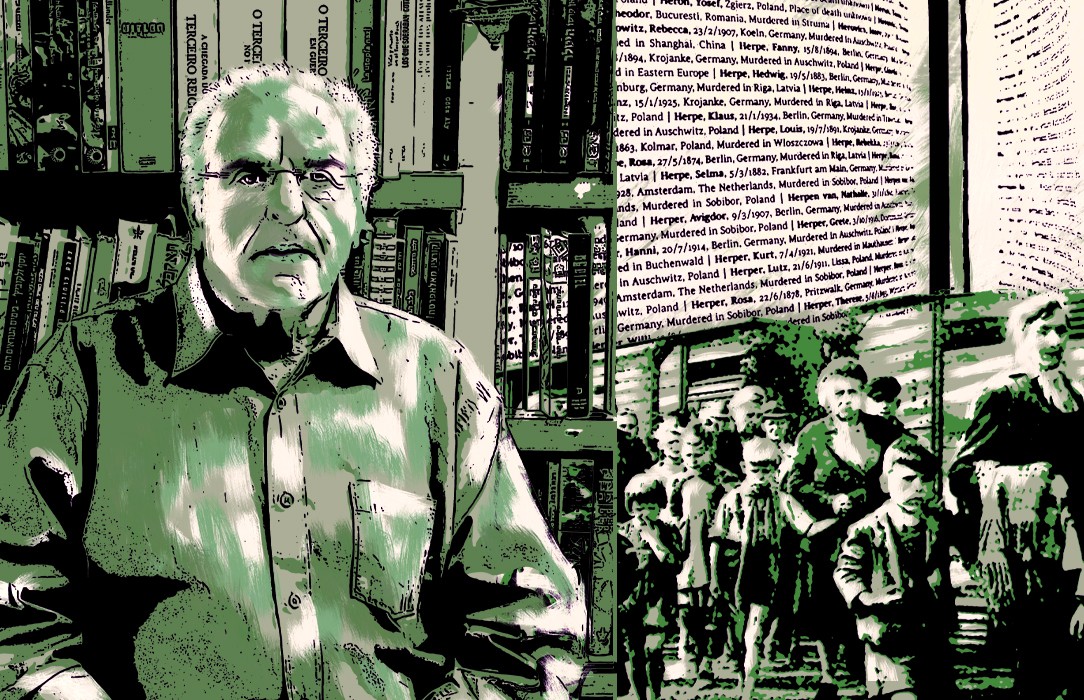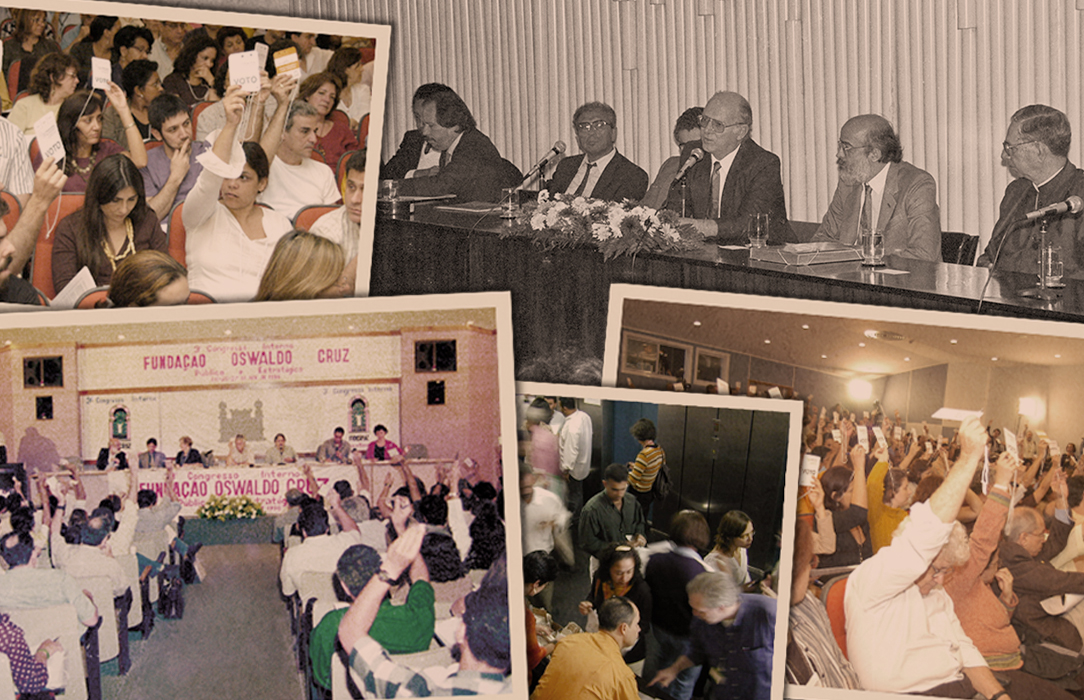By Haendel Gomes
What was the role of German diplomacy within academic exchange between Brazil and Germany from 1933 to 1942, and what impact did this exchange have on the institutionalization of higher education in Brazil? According to the historian André Felipe Cândido da Silva, German diplomacy sought to capitalize, in all senses of the word, on the circulation of these intellectuals.
With goals of an ultimately political nature, including the dissemination of cultural propaganda, German diplomacy brought scientific and intellectual exchange in line with the political and ideological concerns of the Nazi regime. “There are many possible parallels between the 1930s and what we are experiencing today, with the far right advancing worldwide and liberal democracy falling into disrepute,” says Dr. da Silva.
 |
“It is important to remember that Brazil was then governed by Getúlio Vargas, who rose to power through the movement called the ‘revolution of 1930’. He got himself elected in 1934, but in 1937 he instituted an authoritarian regime that lasted until 1945, when World War II ended,” says Dr. da Silva, a professor and researcher at the Casa de Oswaldo Cruz who contributed a chapter to Intellectual Collaboration with the Third Reich: Treason or Reason? edited by Swedish colleagues Maria Björkman, Patrik Lundell, and Sven Widmalm and published by Routledge.
The historian explains that a number of teaching and research institutions were founded or restructured during this period, and that Brazilian professors, researchers, and students – especially in the area of medicine – consequently traveled to Germany for further training. “At the same time, German institutions were considered models for their Brazilian counterparts,” he adds.
The book is the product of a meeting held in Uppsala, Sweden, in 2017, entitled “A Treason of the Intellectuals? International Scientific and Intellectual Relations with Germany during the Nazi Era.” The event gathered researchers interested in relations between scientists and intellectuals in Nazi Germany and their colleagues abroad.
That moment was characterized by a crisis of liberalism and the rise of Fascism, but we can also see it as signaling how little sway democratic thought then held in the Brazilian republic
“The idea was to examine these relations as expressions of broader movements that transcended the borders and experiences of Hitler’s Germany, while also examining the links between academic and intellectual exchange and Nazi cultural propaganda,” explains Dr. da Silva, whose chapter is entitled, “German foreign cultural policy and higher education in Brazil (1933–1942)”.
For many of the academics who went to Germany during this period, democracy was not exactly a value to consider. “This reflects the moment, which was characterized by a crisis of liberalism and the rise of Fascism, but we can also see it as signaling how little sway democratic thought then held in the Brazilian republic,” says the historian, who believes this weakness has come to the fore on repeated occasions in the political history of the Brazilian republic. “I think what we’re experiencing today should also be tied to this medium-term trend,” he states.
In the view of many of these researchers and students, professional training superseded political factors – in other words, these intellectuals did not necessarily travel to Germany because they supported Nazi ideals. Yet as part of the academic influx to that country, they helped Hitler’s regime earn international legitimacy. According to Dr. da Silva, this aspect has been explored in more recent literature that investigates Nazi-Fascism from a transnational and global perspective, that is, as a phenomenon that gained strength beyond the borders of countries directly impacted, through the movement of ideas, experiences, publications, and people.
(Translated by Diane Grosklaus Whitty)






